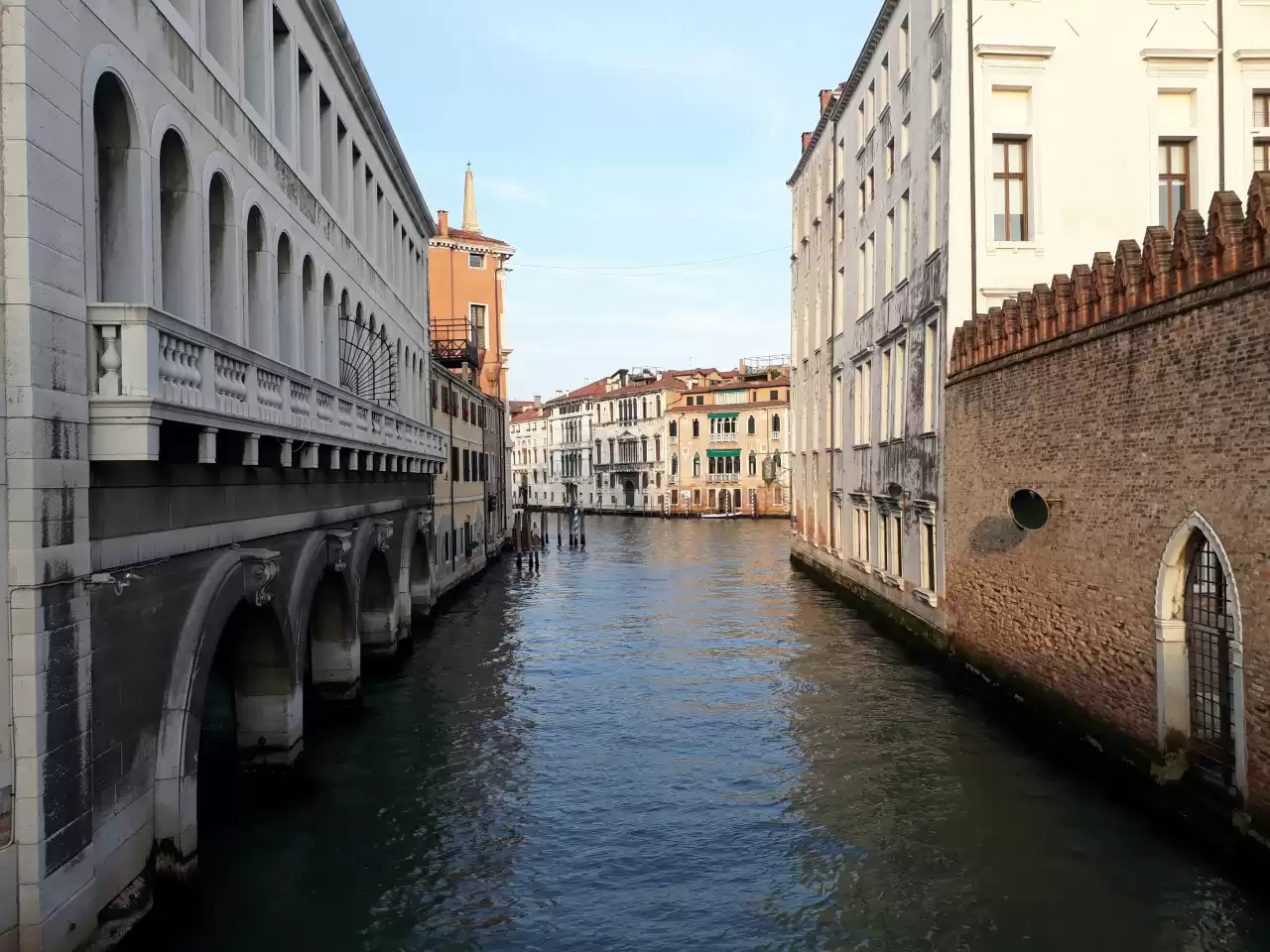Venice to Implement Paid Entry on Select Days Starting April 25, 2024, to Manage Tourist Flow and Reduce Congestion
Venice to Implement Paid Entry on Select Days Starting April 25, 2024, to Manage Tourist Flow and Reduce Congestion
In an effort to manage the surging tourist influx and reduce daily congestion, the popular holiday destination of Venice, Italy, will introduce a fee for tourists entering the city on select days starting from April 25, 2024. This landmark decision marks a significant shift in how the city plans to preserve its delicate urban and ecological balance.
The city will charge a €5 fee on a total of 29 days spread across the months of April, May, June, and July. The specific days identified for this fee in April are the 25th, 26th, 27th, 28th, 29th, and 30th. In May, the fee will apply on the 1st, 2nd, 3rd, 4th, 5th, 11th, 12th, 18th, 19th, 25th, and 26th. June will see this charge on the 8th, 9th, 15th, 16th, 22nd, 23rd, 29th, and 30th, while in July, the fee will be enforced on the 6th, 7th, 13th, and 14th.
Venice is renowned globally for its historic architecture and intricate canal system, making it one of the most sought-after destinations for tourists from around the world. However, the city has faced significant challenges related to overtourism, which not only strains its infrastructure but also threatens the preservation of its cultural heritage and environment.
The decision to charge an entry fee aims to curb the number of day-trippers and encourage tourists to plan longer, more sustainable visits. The funds collected through this initiative will be directed towards maintaining the city’s infrastructure, enhancing local transport services, and funding conservation efforts for its historic sites and waterways.
Venice's unique structure, built on 118 small islands separated by canals and linked by over 400 bridges, makes it especially vulnerable to the impacts of mass tourism and climate change. The city also struggles with frequent flooding, a problem exacerbated by both sea-level rise and the heavy foot traffic that wears down its delicate paving stones and structures.
Local authorities and conservation groups hope that the introduction of this fee will not only reduce the immediate physical strain on the city during peak tourist times but also contribute to a broader strategy for sustainable tourism. This strategy includes promoting off-peak travel and providing better information and resources for visitors to understand the impact of their visits.
The move has sparked a mix of reactions, with some praising the initiative as a step towards sustainable tourism, while others express concern about the accessibility of Venice to all types of travelers. Nonetheless, city officials remain committed to ensuring that Venice can continue to welcome tourists without compromising its heritage and environment for future generations.
Featured


Explore the World with Ease: Caria Holidays Launches New B2C Flights, Hotels & Holiday Packages Platform
Details
UK Airports Brace for Busiest Easter Travel Season in a Decade
Details
Record-Breaking Year: UK Sees Surge in International Visitors Post-Brexit
Details
British Tourists Flock to Offbeat Turkish Destinations in 2025
Details
UK Expands Electronic Travel Authorisation (ETA) Scheme: EEA and Swiss Nationals Required to Apply from April 2, 2025
Details
Caria Holidays: Listed Among Europe’s Fastest Growing Companies 2025!
Details

